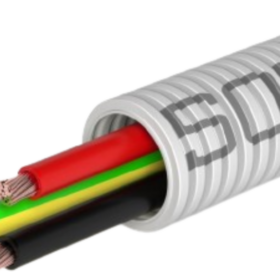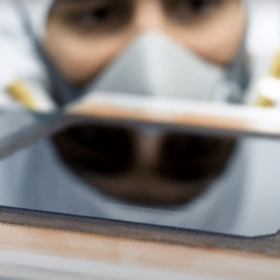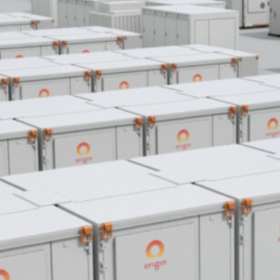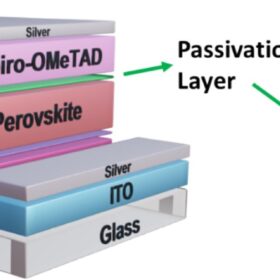Study shows sheep grazing under solar panels produces higher-quality wool
A study on the benefits of co-locating solar energy and sheep grazing shows that sheep grazing in the shade of PV modules may produce higher-quality wool than those on traditional agricultural properties.
Australian PV equipment supplier says new bundled conduit improves residential rooftop solar install times by 20%
A pre-assembled conduit manufactured in Australian by Victoria-based balance-of-system supplier PV Connections has purportedly reduced installation time of rooftop solar systems by up to 20%.
Trina targets Australian-made solar modules by 2027
Chinese manufacturing giant Trina Solar says it could start making panels in Australia as soon as 2027 as part of its joint-venture plans with Sydney-based PV innovator SunDrive Solar.
Rooftop solar installation rates rise after record month in Australia
Rooftop solar installations in Australia recorded a 6% jump in October, with the latest monthly data revealing that 279 MW of small-scale rooftop PV capacity was installed on household and business roofs across the country last month.
Australia’s Origin Energy begins building 240 MW of battery storage
Origin Energy has started building the second stage of its AUS 450 million ($295.7 million), 240 MW/1,030 MWh four-hour duration battery at the Eraring Power Station, 120 km north of Sydney, Australia.
Flexible printed solar film research tacks closer to commercial viability
Australia’s scientific research agency CSIRO has taken its pilot-scale production of flexible printed solar film to a new level following the official launch of the new Printed Photovoltaic Facility in southwest Melbourne, Victoria.
Rooftop solar leads Q3 renewables growth in Australia
Rooftop solar led renewable generation in Australia in the third quarter of 2024, accounting for 38.5% of the total, compared to grid-scale solar at 18.3% and wind at 13.4%. New capacity in the connection phase rose 36% and battery projects grew 87% from the same quarter in 2023, according to the Australian Energy Market Operator (AEMO).
The Hydrogen Stream: TE H2 to secure land for 1 GW Chbika project in Morocco
Morocco and TE H2 have agreed to reserve land for the Chbika hydrogen project in Morocco. They aim to build 1 GW of solar and wind capacity to annually produce 200,000 tons of green ammonia for the European market.
Li-S Energy nears 500 Wh/kg with lithium-sulfur battery tech
Australian battery tech company Li-S Energy has announced a major improvement in the performance of its lithium-sulfur battery technology, with its latest iteration achieving an energy density close to 500 Wh/kg.
New passivation strategy increases efficiency of chloride-iodide-based perovskite solar cells by 15%
Although local defects in chloride-iodide-based perovskite are hard to avoid due to ion migration, a group of scientists have now found a way to passivate them. They used different combinations of 4-chlorobenzylammonium chloride and 4-chlorobenzylammonium bromide beneath the hole transport layer and reached up to 15% improvement in efficiency.










